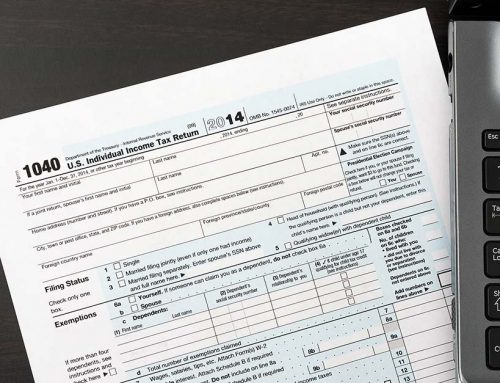Ensuring that the individuals who are involved in a partnership pay the required amount of taxes can be a challenge. In fact, partnership tax law is the most complicated part of the tax code. As a leading Fort Collins business accountant, we encourage people to be fully informed about how participating in a partnership affects their tax position.
How Partnerships are Taxed
Typically, partnerships and LLCs with two or more members are not taxed themselves. Instead, the IRS considers them “pass-through” entities, meaning that the profits or losses of the business pass through to the partners individually. They are then taxed based on what is called their “distributive share” of the profits or losses as outlined in a written agreement. Pass-through entity owners are allowed to deduct a certain percentage of their business income.
Key Considerations for Partnerships
If you are involved in a partnership or LLC with two or more members, below are some important points about how you are taxed.
- You are taxed on your distributive share whether you receive it or not. Whether your distributive share in a partnership or LLC is defined by an agreement or by state law, the IRS taxes you based on that percentage even if you choose to leave some or all of your income in the business.
- You pay self-employment taxes. Unless you are a limited partner or a non-managing member of an LLC, you are required to pay taxes that support the Social Security and Medicare programs based on your share of the partnership’s profits. In fact, you pay twice as much as an employee than your company pays, because you must make your contribution and the matching contribution that an employer would pay. However, you can deduct half of the total amount from your taxable income.
- You can claim a number of deductions. As a participant in a partnership, you can deduct a number of legitimate business expenses from your taxable income. This includes things like the cost of operations, travel, advertising, and business-related meals and entertainment.
Helping Your Partnership Interpret the Tax Code
While you can certainly study the extensive information regarding partnerships and taxation available online, a more efficient and cost-effective approach is to leverage the insights of a Fort Collins business accountant like Wych Tax. We can very quickly explain what will be required of you when it’s time to file your return, so you go into the process well-informed and well-prepared. Contact us at your convenience.






